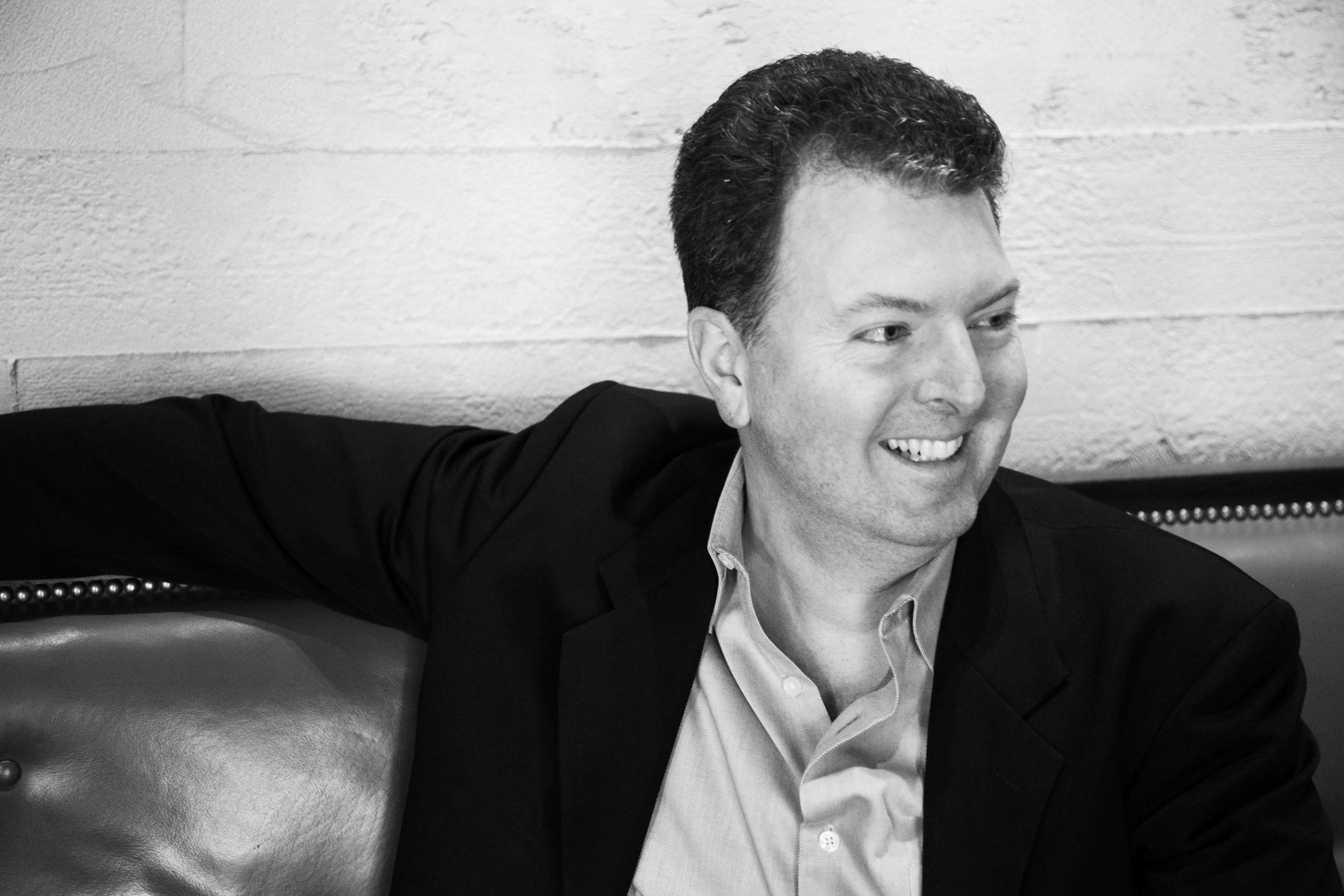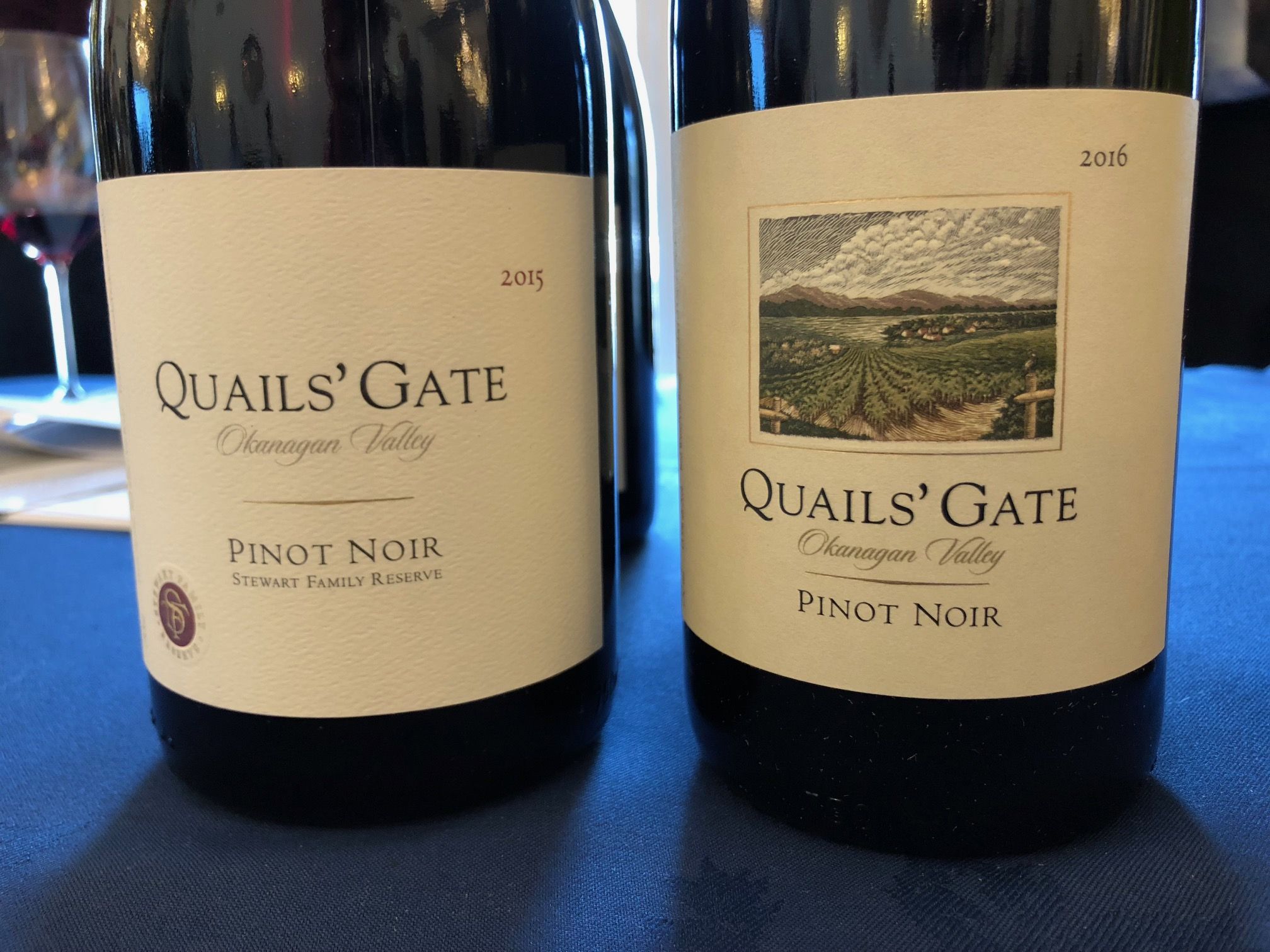Alder Yarrow is the founder of Vinography, the highly respected wine blog and content platform who will be sharing his insights at Wine Future in Coimbra, Portugal between November November 7-9. Click here to find out more about the event.
What do you see as being the biggest challenges the wine industry is facing?
It’s hard to ignore the looming climate instability that threatens so many wine regions around the world, but this has already been a past topic of the Wine Future conference. As if that weren’t enough, however, in many countries around the world we’re seeing a decline in wine consumption, even as more wineries spring into existence every year.
Competition is getting more fierce within the wine industry, and outside of it as other alcoholic (and increasingly non-alcoholic) beverages compete for “share of stomach”.Combine that with the radical digital transformation that is going on throughout the broader economy and the challenge for the wine industry might be summed up in a single word: relevance. How can wine continue to be relevant enough to survive? The industry needs to appeal to new customers, to engage them in new ways, to learn to do business in new ways, and to do all this while coping with the existential threat of climate change. It’s a tall order.
What do you see as the big outstanding opportunities and how do you see the industry capitalising on them?
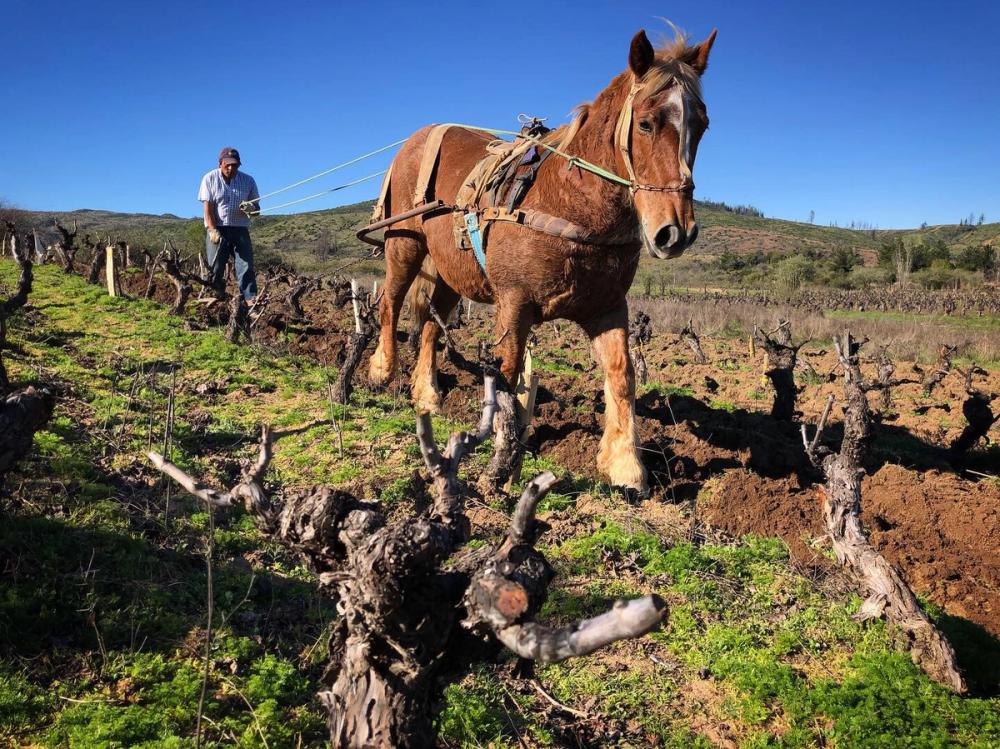
How the wine industry and its producers treat vineyards and look at more traditional, hands on, regenerative and organic vineyard practices is going to be key for its future, says Alder Yarrow
Sustainability is a massive opportunity that the industry isn’t moving towards fast enough. It is both an insurance policy (and increasingly a method of triage) against the changing climate, but also an ethical stand that resonates deeply with younger generations of consumers. Organic, regenerative, biodynamic, no-till, dry-farmed approaches to viticulture and winemaking need to become more widespread, alternative packaging needs to be embraced, and wineries need to think deeply about how to minimize their carbon footprint. Sustainability can unlock efficiencies, improve profits, and open new markets.
Digital transformation is also something that must be embraced. The wine industry continues to fall behind in adopting and exploiting new technologies both in the vineyards and in the marketplace. From utilising data in winegrowing to e-commerce, to participating in social conversations online, wineries aren’t investing in being a part of the digital future in the ways they need to be, especially when it comes to sales and marketing. There are huge opportunities for individual producers, but perhaps more importantly groups of producers, to invest in the capability to transact around the globe.
Lastly, I think diversity, equity, and inclusion is a huge opportunity that the industry really needs to embrace. We need to build a bigger tent and invite a lot more different kinds of people into every aspect of the wine industry. It’s a requirement for the industry’s survival.
What do you think have been the biggest steps the wine industry has taken in the last 10 years?
The rise of natural wine and its aesthetic, philosophical, and flavour profiles have made a significant impact on the industry in the past 10 years. Regardless of where you stand on the product, no one can deny that today’s wine conversation is different because of the influence of natural wine.
The global pandemic drove more forward progress in digital transformation and creativity in supply chain and distribution than we’ve seen in decades. The industry still isn’t where it needs to be, but necessity truly proved to be the mother of invention for much of the wine world during Covid.
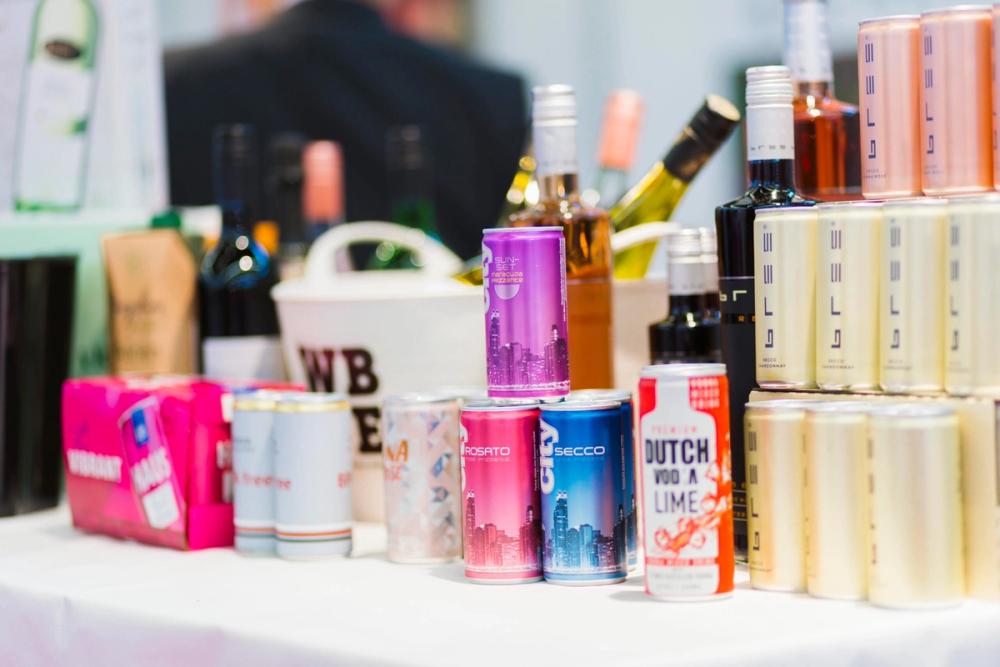
The rise in canned wines and alternative packaging has been one of the success stories in the wine industry in the last 10 years
Lastly, the only other thing that I think has really been revolutionary in the past 10 years is the rise of canned wine and the embrace of alternative formats for wine, in part due to the competitive rise of the ready-to-drink market.
Are you optimistic or pessimistic about the future of the wine industry in the next 10 years – and why?
To be honest, I’m worried. It’s a combination of optimism and pessimism. I think there are so many great trends towards quality, sustainability, and diversity (of product), it’s great to be a wine lover right now, and it’s only going to get better in the next 10 years in terms of the type and quality of wine that we have the opportunity to drink.
On the other hand, parts of the wine world are getting so rarified as to be out of reach for most wine drinkers as prices continue to skyrocket, and many of the trends in consumption don’t point in the right direction. I worry that there is a big adjustment coming that will be fairly painful for a lot of the industry.
Can I ask why you want to be involved in Wine Future?
I’ve watched the event from afar for some time, and have been impressed with the quality and level of the ‘conversation’ it engenders in the wine industry. The wine industry has spent a long time looking to and living in the past, so it’s long past time to think incisively about its future. I’m pleased to be a part of that conversation.
What do you hope the event can achieve for the wider wine industry?
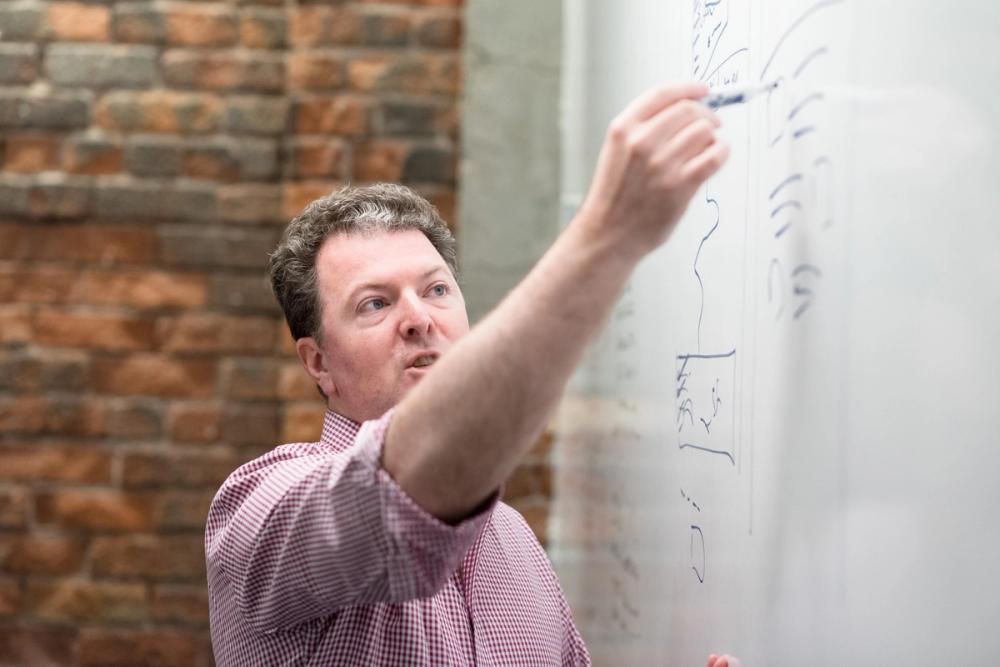
Alder Yarrow is looking forward to taking part in what will be his first Wine Future event
Any outcome in which the industry can be prompted to think and act in new ways would be a real success. There are many challenges ahead, and tackling them will require new thinking, sometimes radically new approaches, and different actions than have been required in the past. These kinds of events can sometimes be the genesis for new ways of being.
What is the theme of your talk and why have you chosen that topic?
I am speaking about storytelling, about narrative. In a world of hyper-global competition, a saturated media landscape, and digital transformation, it is more important than ever that wineries make authentic connections with their customers, and one of the fundamental requirements for these connections is storytelling. Every brand is at one basic level, a narrative, and the process of building a brand is ultimately a storytelling exercise.
Understandably, in the face of so many other exigencies, wine producers often struggle to tell their stories in compelling, engaging, and powerful ways. But story is ultimately what makes wine both meaningful and memorable.
How and why did you first get into the wine industry?
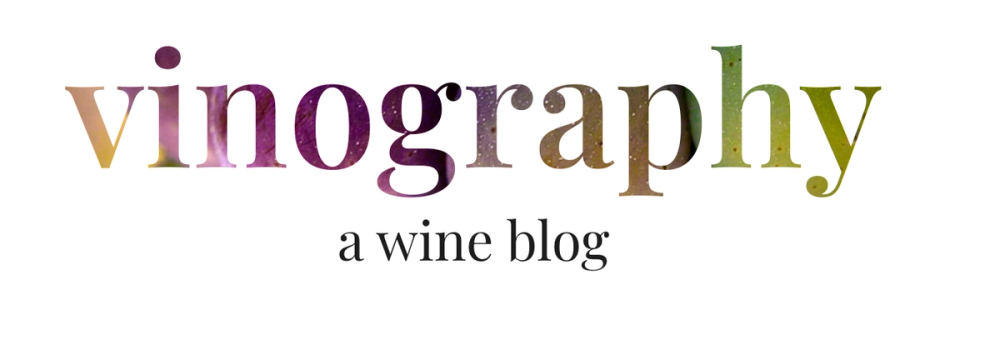
You can read Alder Yarrow’s work on Vinography his award winning wine blog
I started writing about wine in 2004 on my blog Vinography.com simply as a passionate consumer, but it quickly became a second job within a few years as my readership and reputation grew.
What do you most enjoy about working in the sector?
I still write about wine for the same reason I started with: I love everything about it. Wine integrates many domains in my life that I adore, from travel, to food, to geology, and does so deliciously. As someone formally trained in photography, I continually appreciate the fact that wine happens to be made in some of the most beautiful places on earth.
What do you find most frustrating and would like to change about the wine industry?
I continue to be surprised at how much parochialism exists in some areas of the wine world, with individuals looking at their neighbours as competitors more than as colleagues. I think the reluctance to share transparently and collaborate openly holds many wine regions back from achieving their full potential. Strangely this occurs at every level in the wine industry, from the smallest producers to the juggernauts of industry.
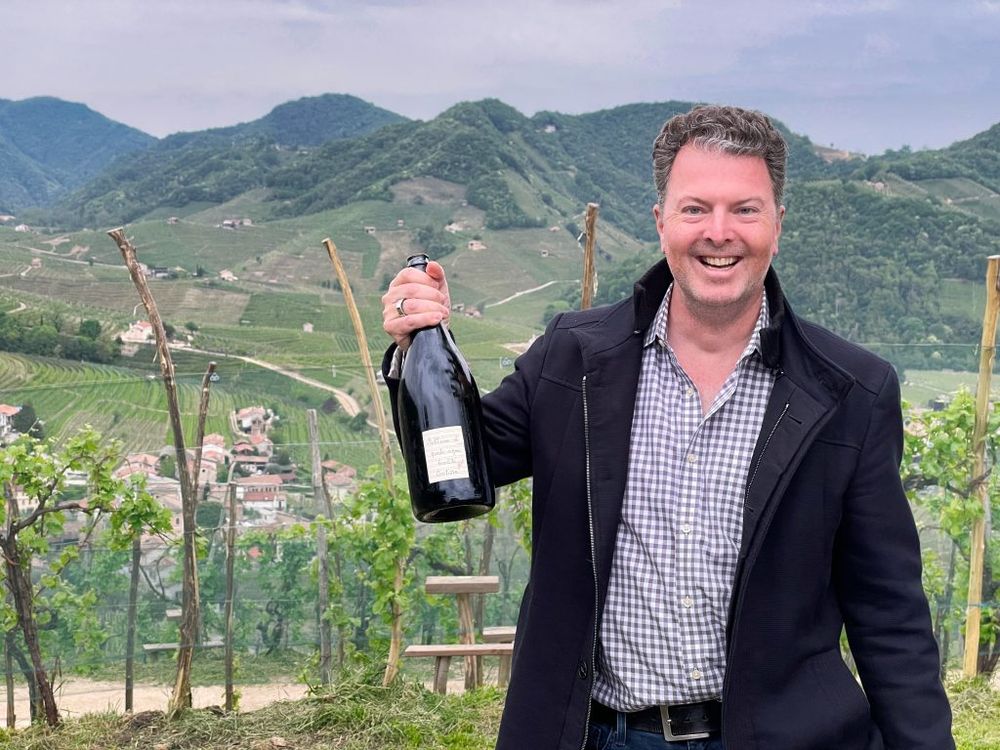
Alder Yarrow says the premium and top end of the wine industry is in danger of becoming out of reach for the vast majority of wine drinkers
Also, as someone who can clearly remember when spending $25 on a bottle of wine was a pretty big deal to me, I am dismayed at how costly excellent wine has become. Especially in America, wine already has some baggage as being elitist and stuffy. The rising prices that have now put top wines forever out of reach for 99% of the world’s wine lovers don’t help at all.
Finally, the insistence on using heavy bottles as a signaling device for luxury needs to change immediately. While producers cannot be blamed for trying to differentiate their product on a crowded shelf, they need to find other ways to do it besides bottles that weigh more than the wine inside them. I believe reducing bottle weights is the single easiest thing any winery can do to dramatically reduce its carbon footprint, and an outright necessity in the face of our climate disaster.
Any individuals, or businesses that you most admire for what they do and why?
The people I most admire in the wine industry are the countless wine producers around the world who give their heart and soul to making an amazing product each year in the face of whatever nature throws at them.
As someone who has worked in digital transformation and internet technologies for my entire (non-wine) career, I’ve long admired Paul Mabray for his tireless efforts to encourage the wine industry to adopt new technologies.
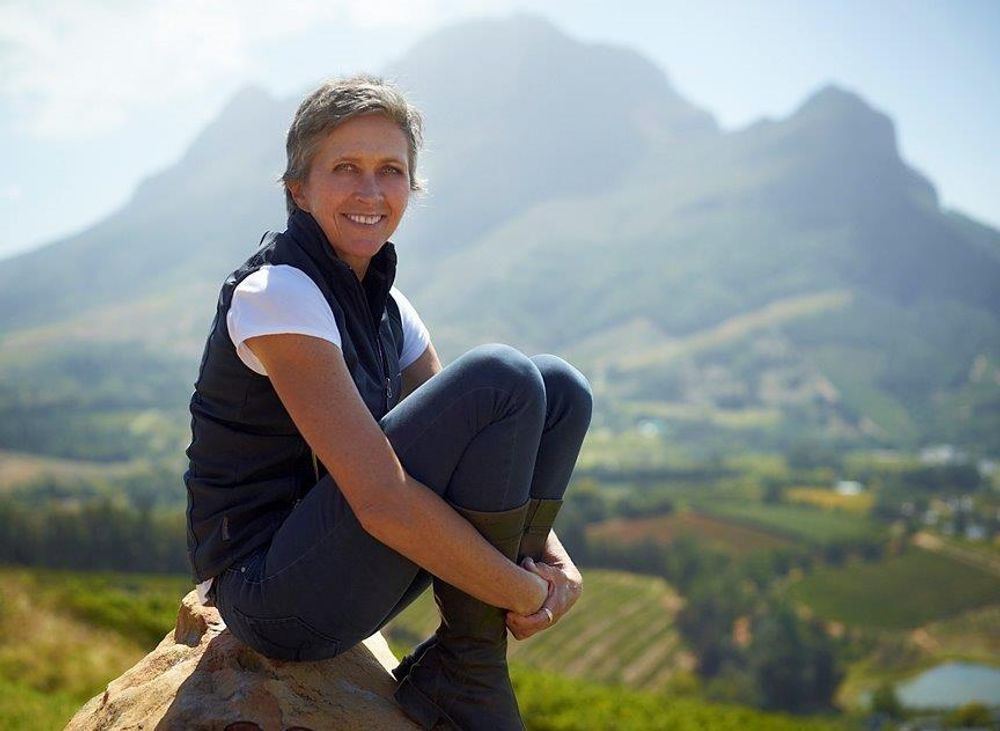
Alder Yarrow believes the work that Rosa Kruger has done with the Old Vine Project in South Africa has been a “shining example for the rest of the world”
Rosa Kruger’s efforts on behalf of old vines in South Africa and the people who farm them represents a shining example for the rest of the world, and the impact she has made on the South African wine industry is remarkable.
Finally, I definitely admire some of the world’s largest wine producers, such as the Familia Torres or Jackson Family Wines who have truly realised the value of sustainability and are working hard to make significant strides in this domain. Of course, there are a lot of tiny producers who are way ahead of these large corporations, but sustainability at scale is not easy, and it can make an outsized impact on the industry.
Anything else to say?
One of the things I am most proud of thus far in my wine career is the recently launched Old Vine Registry, which is the world’s first and most authoritative registry of old vineyards around the world. It is a crowdsourced, publicly accessible database that we hope everyone in the wine industry will support with contributions of data (as well as financial support).
- Alder Yarrow will be taking part in a panel debate at Wine Future titled: ‘Getting to Your Core Story – How to Better Communicate About Your Brand’. It takes place on November 8 at 9am and also features Sonal Holland MW, Megan Greco, Natalie Wang and Ferrán Centelles and is moderated by Michael Wangbickler.
Wine Future 2023 – Coimbra November 7-9
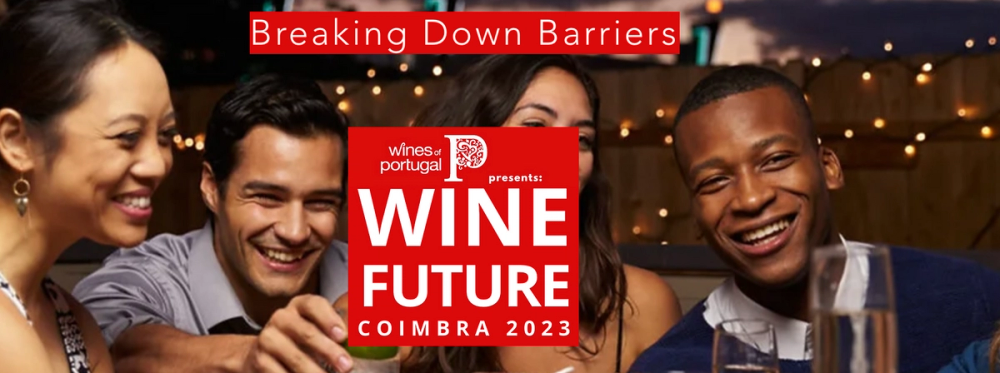
Wine Future 2023 promises to be the leading event in the world to tackle the biggest challenges facing the global wine industry and what steps its stakeholders need to be taking and focusing on to succeed in the future.
It is the fourth Wine Future event to take place following other editions first in Rioja in 2009, Hong Kong in 2011, Wine Future Virtual 2021 and Green Wine Future in 2022. Founder Pancho Campo claims the ambition and overall goal for Wine Future has not changed since 2009 when, in the middle of an economic crisis, it looked to assess its impact and offer solutions and inspiration to everyone involved in the global wine industry.
Close to 25 years later and the world is again facing huge financial difficulties, rampant inflation, a global climate emergency and a declining wine market in most major wine consuming countries. It is against that backdrop that Wine Future hopes to make a difference.

Key themes to be addressed at this November’s conference include:
- Engaging new consumers – particularly Generation Z and Millennials.
- The impact of global economic uncertainty, especially inflation.
- The opportunities of greater diversity, equity and inclusion in the wine industry.
- How we can reach new audiences and better engage with existing wine drinkers through celebrity endorsements, influencers, and working with major international music and sporting events.
- The use of digital marketing and social media to gain a new consumers.
- Using new technologies to improve sales.
- What can we learn from the competition from alternative beverages?
- The human impact of sustainability.
Final Conference Agenda:
- Keynote 1: “Educating the new generations on consuming alcohol with moderation and responsibly” – By Max Trejo and moderated by Siobhan Turner MW.
- Panel 1: “TikTok, Discord, and Paid Influencers – Reaching New Customers” – with Mariano Braga, Emma Bertrand, Georgia Panagopoulou, Simone Roveda, Luke Flunder and moderated by Cristina Mercuri.
- Panel 2: “Growing Sales in Uncertain Times – New Strategies and Trends” – with Ulf Sjodin MW, Rafael del Rey, Don St. Pierre, João Gomes Da Silva, and Moderated by Dr. Liz Thach MW.
- Keynote 2: “How should the wine industry work with celebrities and events?” with Paul Schaafsma, and doderated by Richard Siddle.
- Keynote 3: “From rockstar to businessman” with Bruce Dickinson, and moderated by Joe Roberts & Mike Wangbikler
- Panel 3: “Wine Tourism Evolution – From Cellar Door to Virtual Tours” – with Adrian Bridge, Catherine Leparmentier, Marisah Nieuwoudt, and Moderated by Dr. Michael Cheng
- Tasting 1: “Icon & Premium wines of Portugal” – By Dirceu Vianna Jr. MW and moderated by Frederico Falcao – with the participation of: Dirk Niepoort, Anselmo Mendes, Celso Pereira, Domingos Soares Franco, Joana Silva Lopes, Manuel Lobo Vasconcelos, Paulo Nunes and Diogo Moreira.
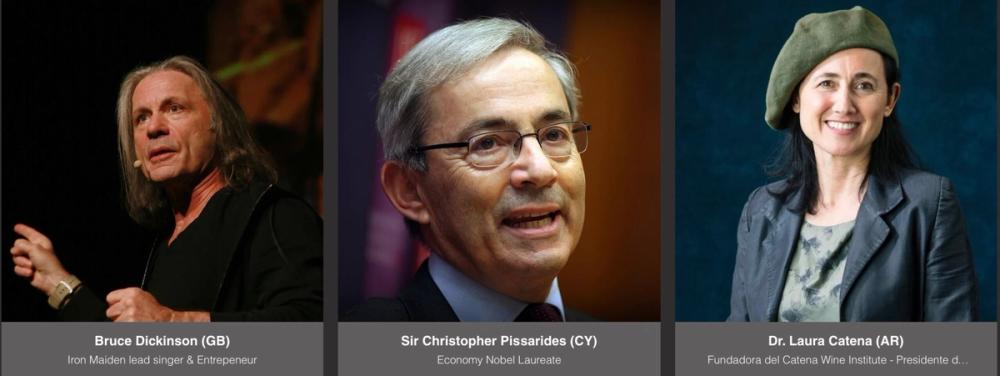
- Panel 4: “Getting to Your Core Story – How to Better Communicate About Your Brand” – with Alder Yarrow, Sonal Holland MW, Megan Greco, Natalie Wang, Ferrán Centelles, and moderated by: Mike Wangbickler.
- Panel 5: “The Competition is Winning – Learning from and Embracing Ideas from alternative drinks” – with Cristina Miranda, Lulie Halstead, Iram Eren, a Coffe Producer TBC, and moderated by Robert Joseph
- Keynote 4: “How and why wine could be the healthiest alcoholic beverage” – By Dr. Laura Catena, and moderated by: Cyril Penn
- Tasting 2: “The Magnificent 12” – Honoring the Ukrainian wine Industry – By Mark Squires and presented by: Maureen Downey.
- Panel 6: “Evolve or Die – Embracing Advanced Technologies to Thrive” – with Maureen Downey, Justin Noland, Ian Ford, Antonio Amorim, and moderated by: David Allen MW.
- Panel 7: “More Inclusive, Less Exclusive – Adopting Diversity, Equity, and Inclusion as an Opportunity” – with Mags Janjo, Queena Wong, Ntsiki Biyela, Bento Amaral, and moderated by: Stephen Wong MW.
- Tasting 3: “Historic & Legendary Madeira and Porto” – By Richard Mayson accompanied by some of the producers.
- Keynote 5: “The current status of the wine industry” – By Rob Mc Millan and moderated by Paul Mabray.
- Keynote 7: “The wine industry, world economy and work in the age of artificial intelligence” By Professor Christopher Pissarides and moderated by: Pancho Campo
